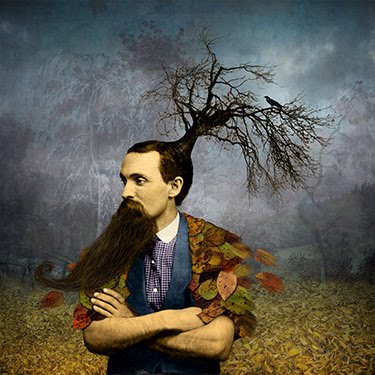I found both the final project and the mid-term project to be interesting learning experiences, about a community in Milwaukee that I knew nothing about. It is one thing to know about the bad neighborhoods in Milwaukee from the media or from sheltered peers, but it is something totally different to actually experience the neighborhood for yourself. From what I saw and the time I spent in the neighborhood, it looked and felt like a normal neighborhood to me, much like the one that I grew up in. There are grocery stores, gas stations, schools and everything that is in any normal community and on its surface it looks to be a normal community, but it is not. Once you delve deeper into it, you realize it for what it is, a community in ruin and strife.
There is much to be done within the community, yet there is not much being done. There are organizations and churches, like Our Next Generation, but their focus is on too small of a scale, and for good reason, the work that needs to be done in this community isn’t something that can be done easily. The entire mindset of those who live in the community needs to be changed, but those living within the community have their own lives to worry about. From the stories I’ve heard, everyone in the area seems to be part of the same struggle, but they refuse to work together to end it. They need to get the drugs and prostitution out, but they seem to be the only reliable income. I talked to one of the staff members at Our Next Generation about the community and he said they had been trying to get more police protection around the neighborhood, but at the same time didn’t want the police snooping around in their business or going into their houses. With paradoxes like these, the community is going to continue to suffer. The residents of the area must get together and be a community again and rebuild their neighborhood.
But who am I to judge? Who am I to talk about what these people should do? This is the inner conflict I had while visiting this neighborhood, documenting it and writing up the research I found on it. When I was at Our Next Generation, a man I was explaining the project to asked me “so, basically your project is to go to the ‘hood and take pictures?” And even though this was meant sarcastically, it really confirmed my stance on the project. While it was informative to know a little bit about the community and become aware of how these people live, what good does it do? I will be on the outside looking in, observing with my white eyes and suburban origin and preconceptions, only to spend an hour or two to take pictures, then return home. I understand the purpose of the project and am glad that I did it, but I left feeling a sense of guilt. As I drove home, I felt like an intruder, I almost felt a little dirty. Who was I to go into their neighborhood to take pictures and document their disaster? Both the people I talked to and I knew I wasn’t there because their community is prospering. What difference was I going to make? They have all forgotten my name and I theirs. In order to make a difference, I would have to make a huge commitment that takes more than a couple of hours and that I’m not yet ready to make. Maybe someday I will be able to make such a commitment, but it is not something that I can half ass. I refuse to be another white college student “volunteering”, sitting in the corner interacting only with the other white college student volunteers, texting on my blackberry for a required amount of hours, only to go home and forget. These are people who need and deserve more than that. These are people. Maybe someday I can help them. Hopefully. But today, I’m the disconnected photographer and they’re the photographs. Sorry.
Subscribe to:
Post Comments (Atom)

No comments:
Post a Comment